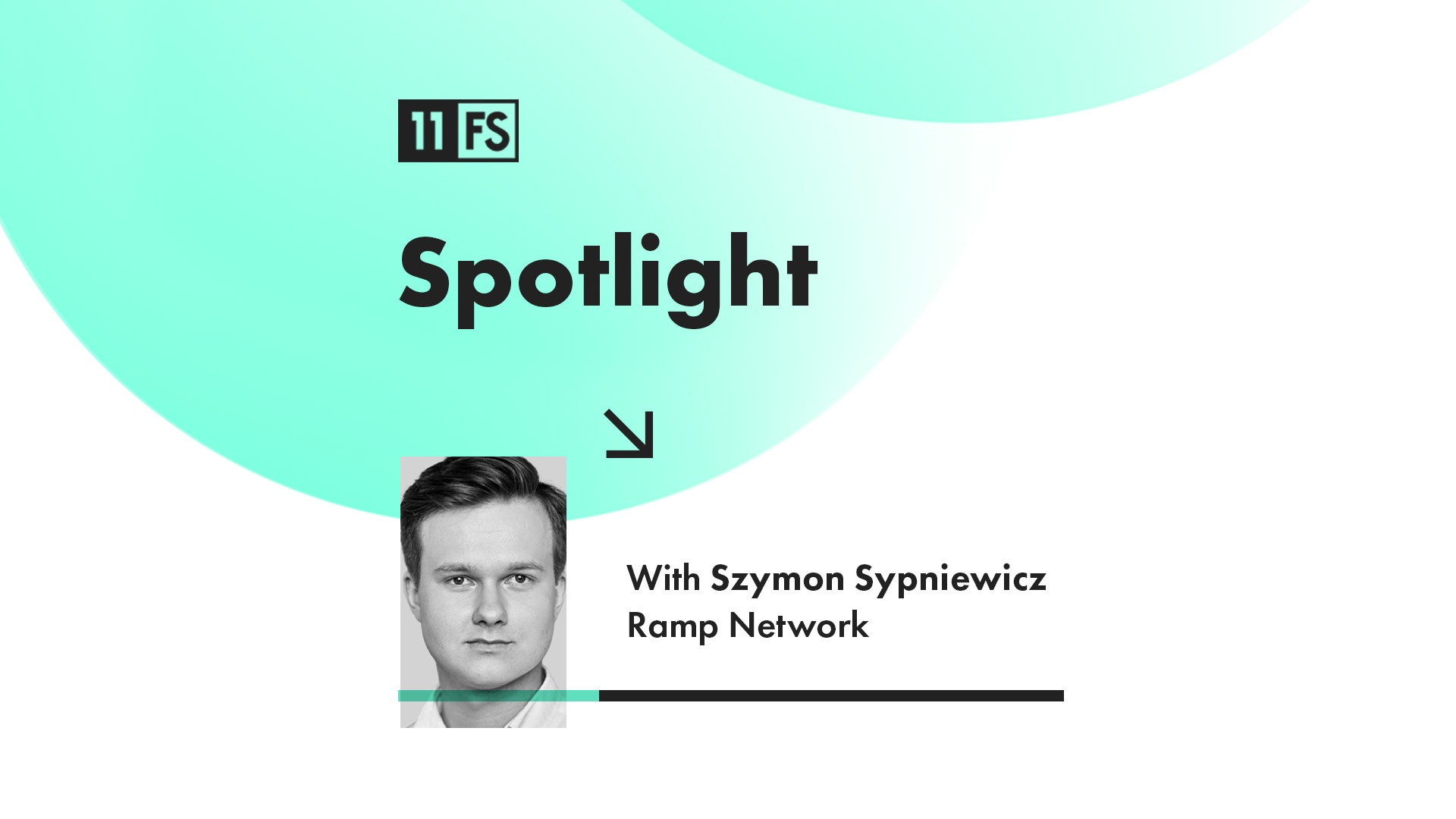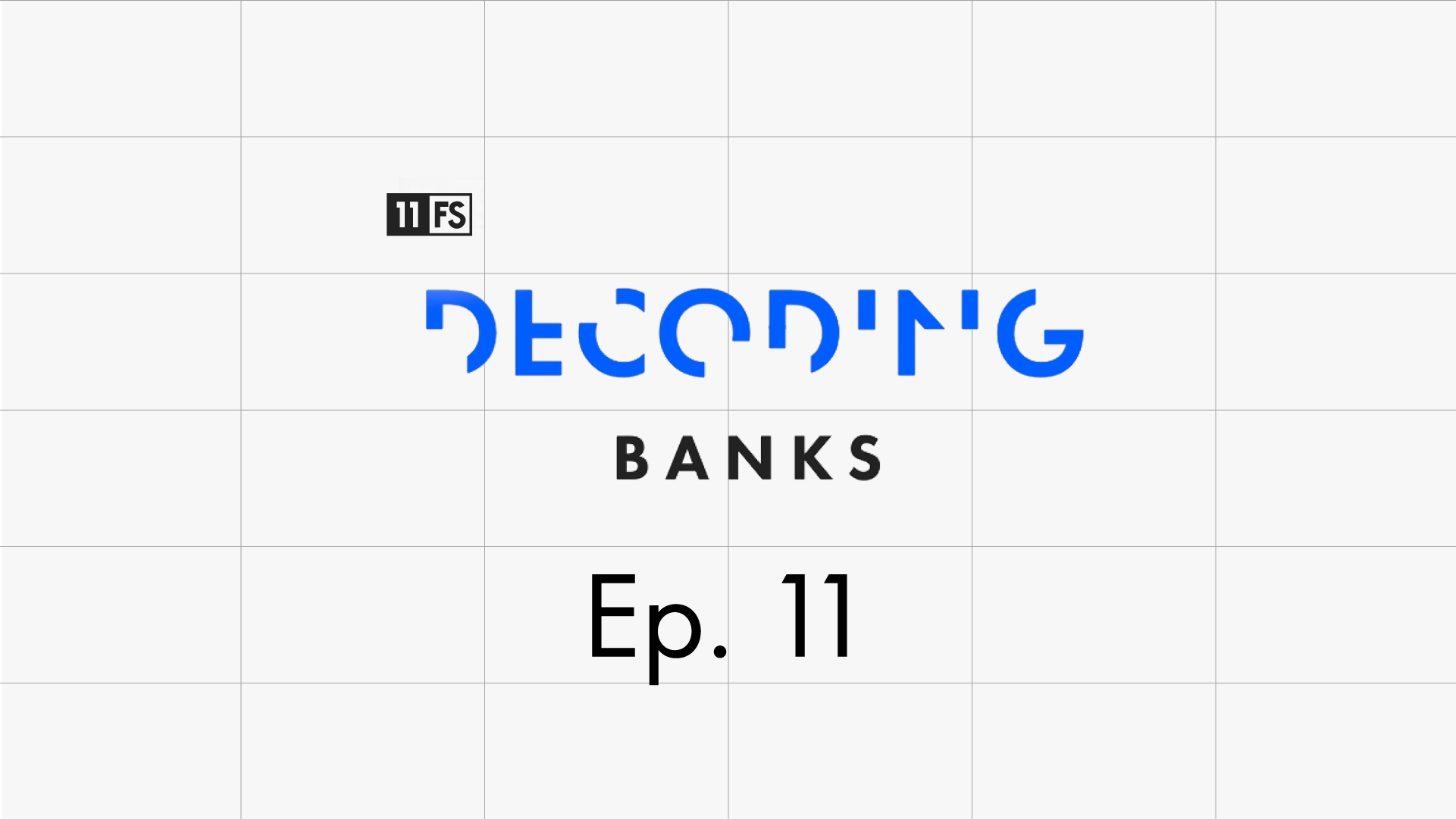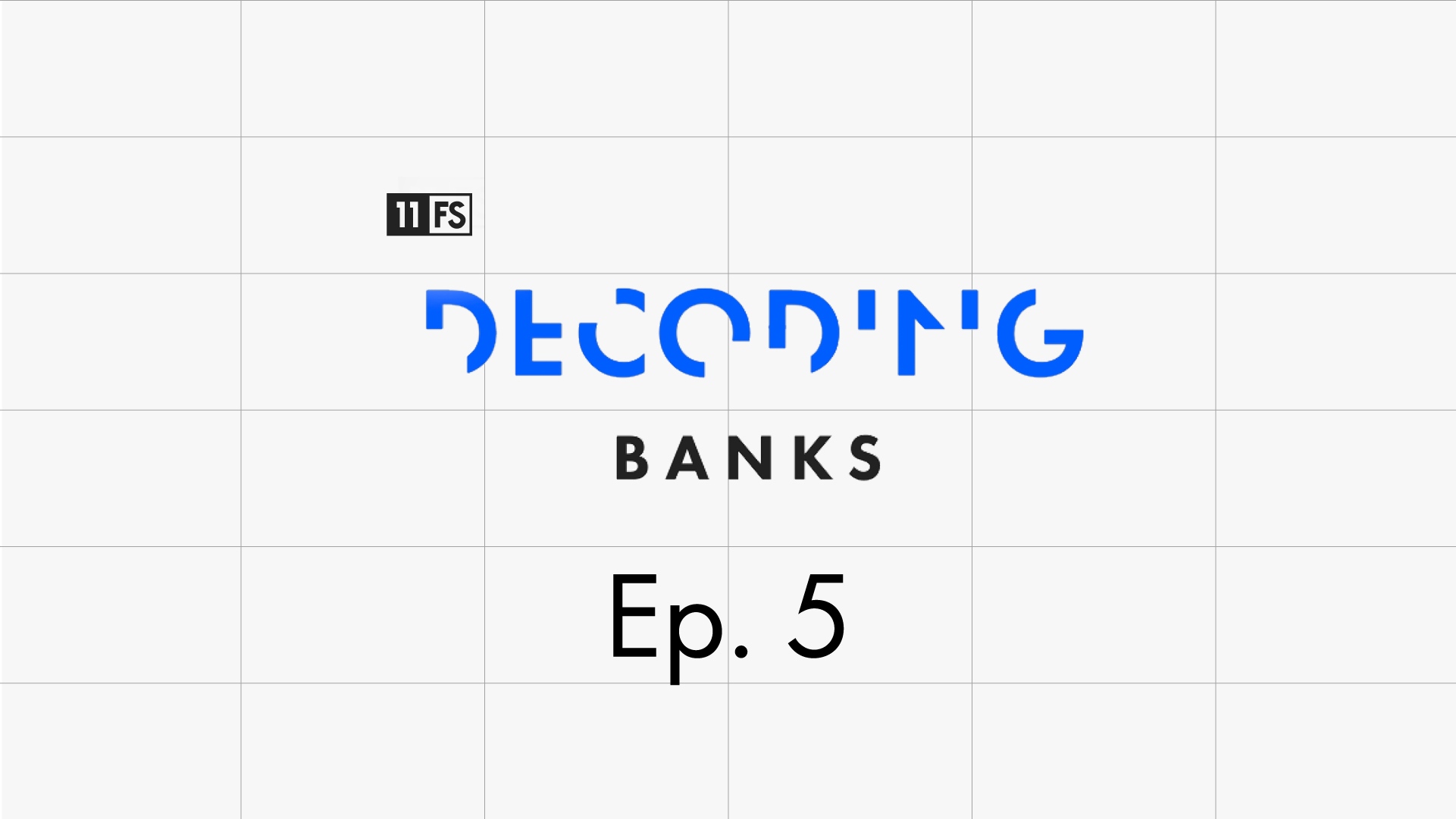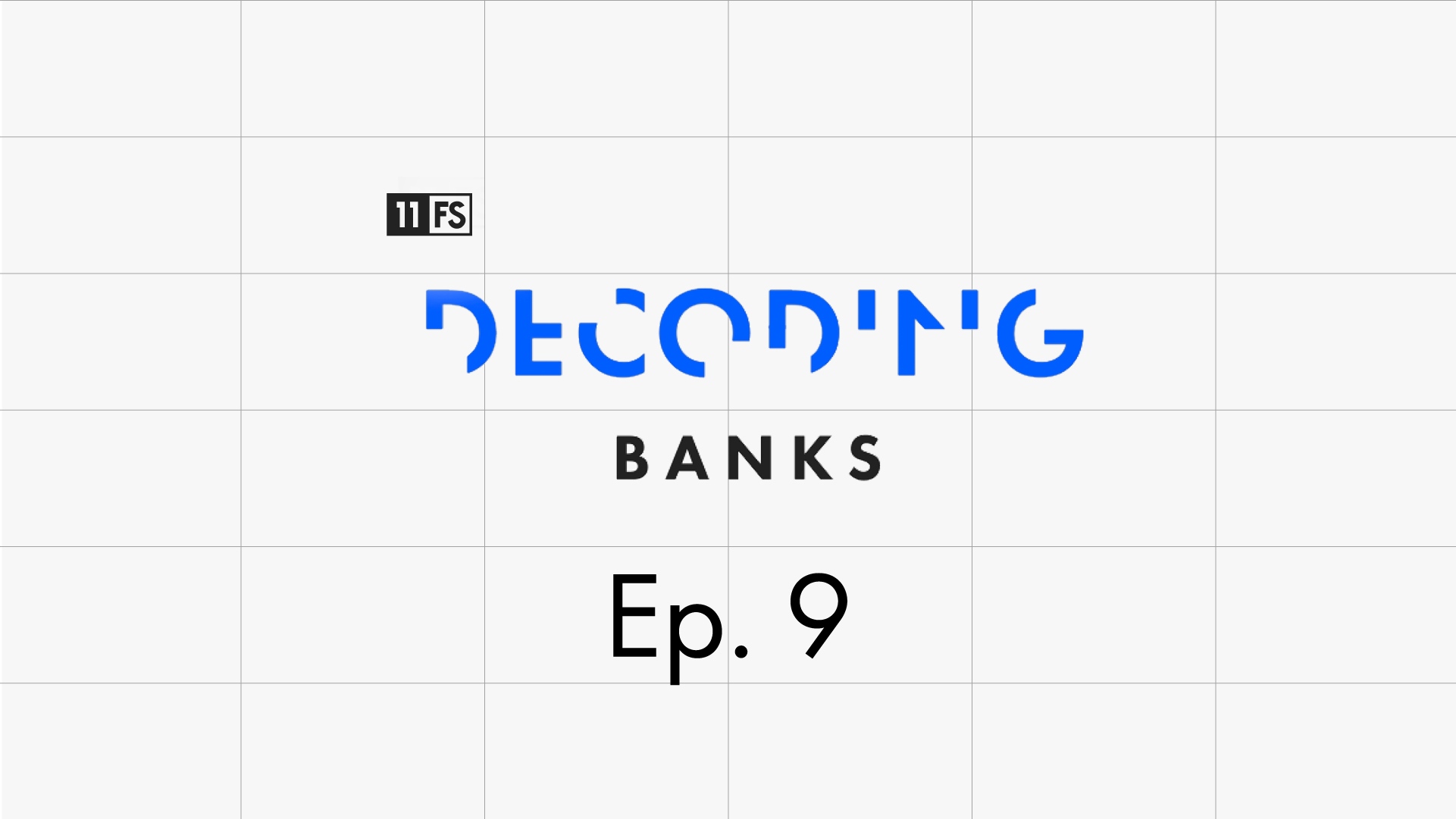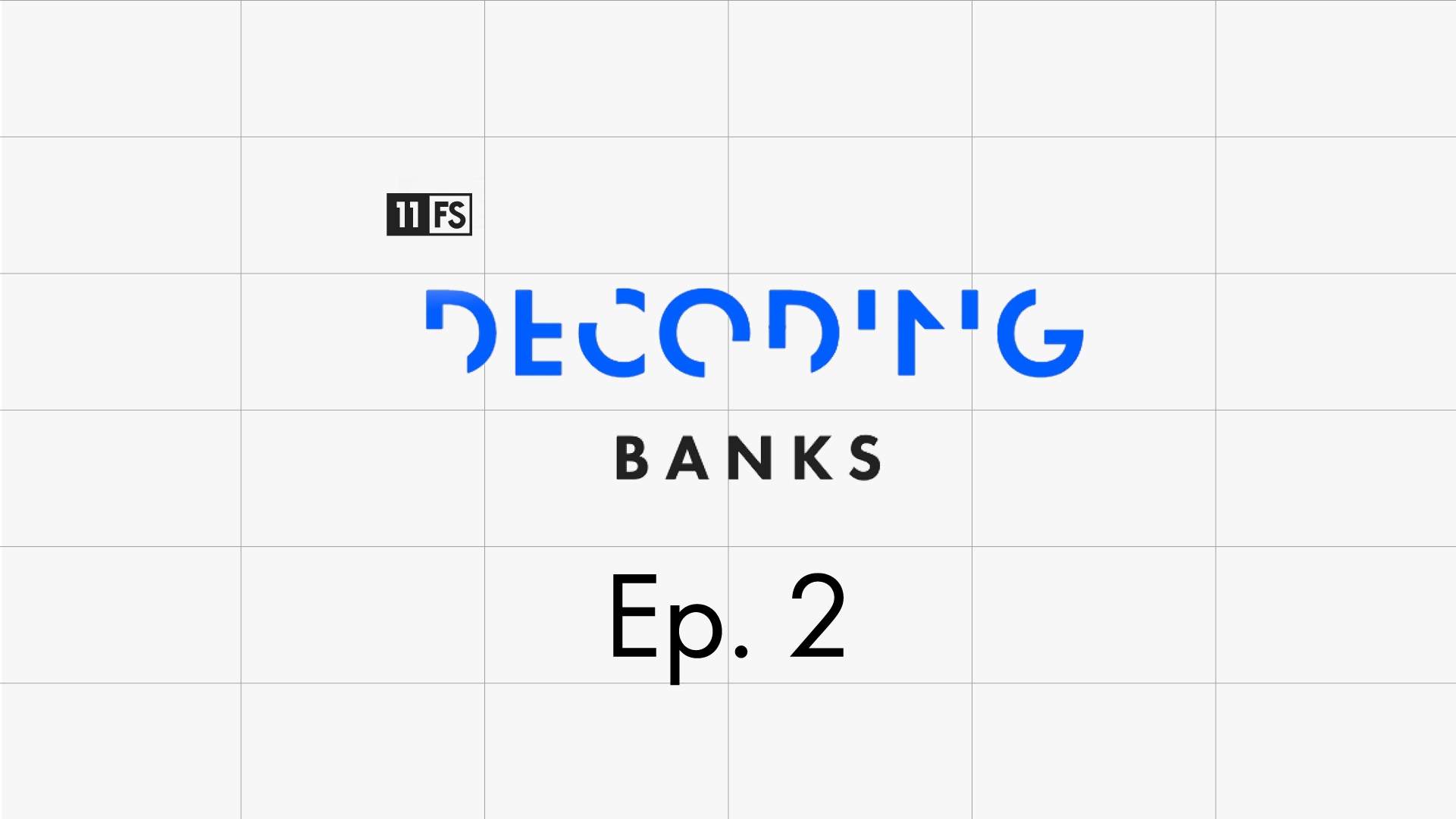
Learn about the latest FS trends and news, from industry experts.

7 reasons Banking as a Service is a game changer
We now live in a world where almost anyone can build and launch innovative, regulated financial products as easily as they can create a Shopify page - that’s the magic of Banking as a Service (BaaS).

Goldman Sachs is leaning into embedded finance: other banks should take note
As 11:FS wraps up its 5th year in business, we can’t help but think about what the next 5 will look like. And our ambitions are big. It’s only just on the right side of scary.
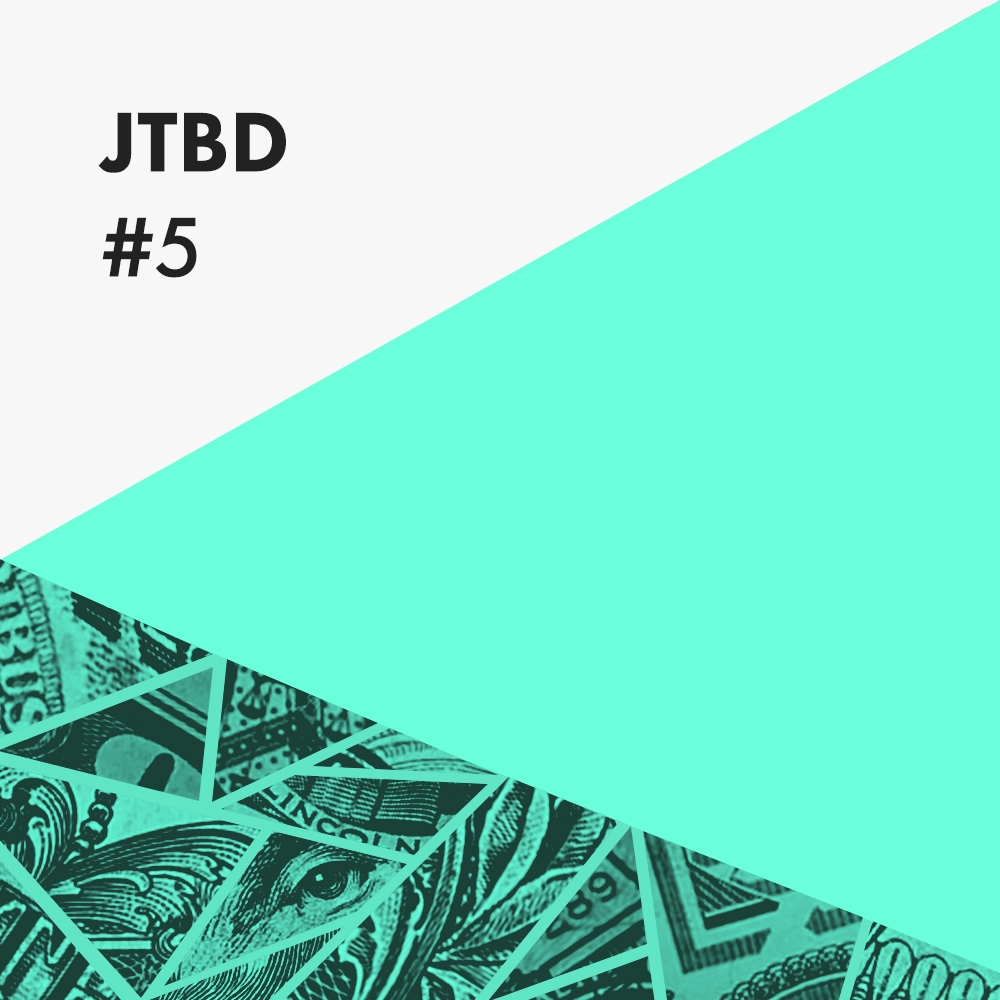
Jobs to be Done: Helping US SMBs make smart and proactive decisions based on their finances
This is the second instalment of a 6 part series that explores the Jobs to be Done (JTBD) for US SMBs that we identified in our recent research. Each blog post explores one of the jobs and how we examined it with a JTBD canvas. If you missed the first post that explains JTBD and the canvas, check it out before reading this.

Is the future really cashless?
Richard Brown, CTO at R3, says that blockchain allows us to, for the first time, build systems and technologies that run between different organisations that don’t trust each other and bring them to consensus. This means potentially significant savings for financial services, especially in file reconciliation and manual activity. For blockchain to succeed in finance, multiple firms must work together, and Corda is helping to do just that.

11 US fintechs on our watchlist right now
There’s a reason counties often refer to their tech hubs as “the Silicon Valley of [insert country name here].” The Bay Area is the proud birthplace of some of the world’s biggest technological triumphs, home to global powerhouses like Apple and Visa. Every year the Valley also attracts a host of fintech start-ups - such as Credit Karma, Chime and Varo Bank, to name a few. But it’s not just California driving the future of financial services. We’ve done our research to see which companies across the 50 states are leading the fintech charge. (Did you miss our first blog? See who’s doing awesome things on the other side of the pond with our list of the hottest European fintechs.)
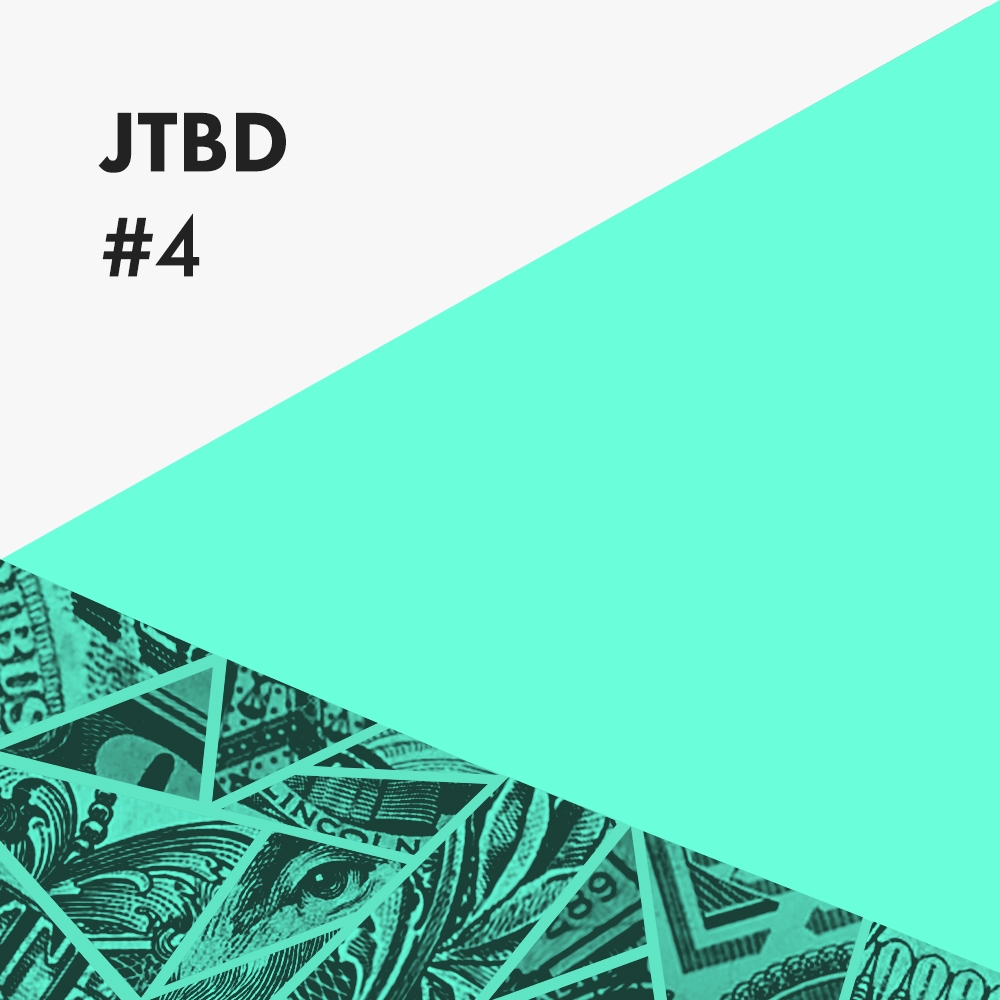
Jobs to be Done: Create a realistic but impactful marketing budget
I speak to a lot of customers about how money fits into their lives. I’ve never come across anyone who said “what I really need is a bank” or more specifically banking products like credit cards or savings accounts. Customers don’t want your products, they want to achieve their goals.People talk about helping their kids go to university or getting the best deal on their mobile phone. Of course, people require money and some kind of financial products to do these things. However, the cold reality for banks is that their commoditised products are not helping customers make progress towards these important jobs in their lives.At 11:FS we help build truly digital next generation digital propositions. Central to this is grounding intelligent digital propositions in customer Jobs To be Done (JTBD).

Why the Middle East could be the next fintech hotspot
Back at the end of 2019, we dived into the perfect fintech storm that was brewing in the Middle East. Diversification had already started in the region, but financial inclusion was reluctant to follow. So where are we now? It’s 2020, and things have been hotting up in the region with opportunities continuing to surface. But what does the region hold for fintech and why is the Middle East where the real gold lies?
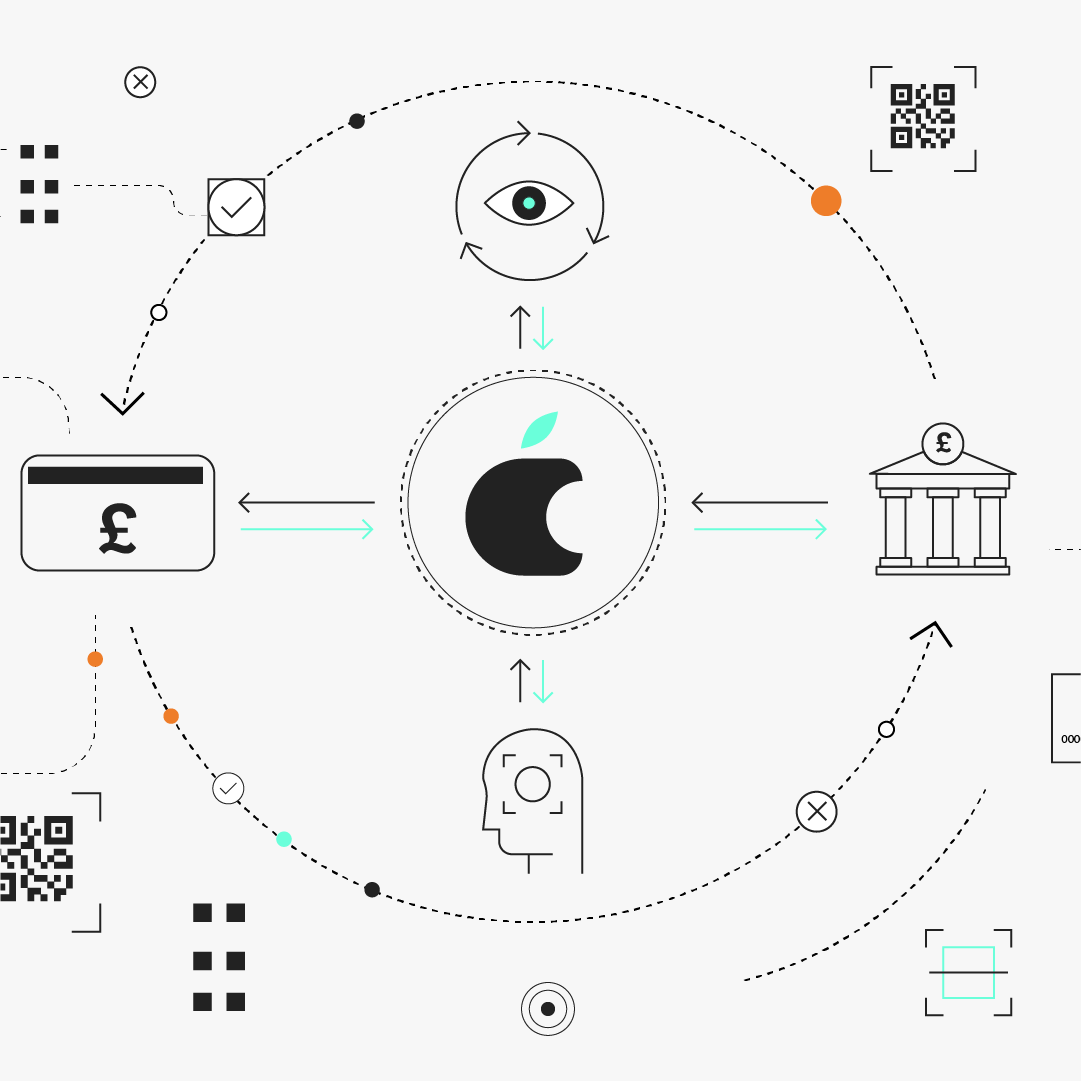
How Apple is leading the charge for brands embedding finance
Cyber attacks are hardly new, so why are banks putting renewed energy into combating them? 11:FS Market Research Analyst Joanne Kumire explains.

11 observations from remote working during lockdown
Pre-COVID, you could’ve called me a globe-trotter. And you wouldn’t have been wrong. As an author, commentator and public speaker, I’m rarely in one place for too long. So getting used to working from home for the past six months has been a revelation, to say the least. In light of World Mental Health Day 2020 (arguably the most important one yet) I thought I’d share some of the observations I’ve made since being thrust into 24/7 remote working. While some of them might be trivial, it’s fair to say I’ve experienced a rollercoaster of emotions. Mental health isn’t a static creature, and it’s bound to fluctuate thanks to the blows we’ve been dealt by the pandemic - I’m sure you can relate.

Jobs to be Done: Helping US SMBs build credibility and legitimacy in order to access funding
This is the final instalment of a 6 part series that explores the Jobs to be Done (JTBD) for US SMBs that we identified in our recent research. Each blog post dives into one of the jobs and how we examined it with a JTBD canvas. If you missed the first post that explains JTBD and the canvas, check it out before reading this.

Seedrs and Crowdcube merger: hot takes
It's a truism that the hardest job in engineering is that of 'Tech Lead'. You're the person who's not only writing code, but simultaneously leading a small group of other engineers and spending large amounts of time talking to stakeholders and the Product Manager (or, ten years ago, *Project* Manager). This is taken from our Unfiltered newsletter. Subscribe now for a no BS, uncensored analysis of fintech news and hot topics delivered to your inbox each fortnight.

11 European fintechs we’re excited about right now
London’s been at the centre of the fintech bubble for over a decade now, and the rest of Europe isn’t far behind. One of the few silver linings of the coronavirus pandemic could be that it might act as a catalyst for a tonne of investment into fintech, as more and more people recognise the need to go digital. Despite the trend for falling investments in 2020, the UK fintech sector is still looking flush thanks to investments of over $1.84 billion. To give you a heads up on the next big companies on the scene, we’ve rounded up the hottest startups on our watch list 🔥

Using the cloud to fly sky high above the competition
As we roll into 2018 thoughts inevitably turn to the big themes that we might expect (and hope) to see for user experience in the financial services industry this year.
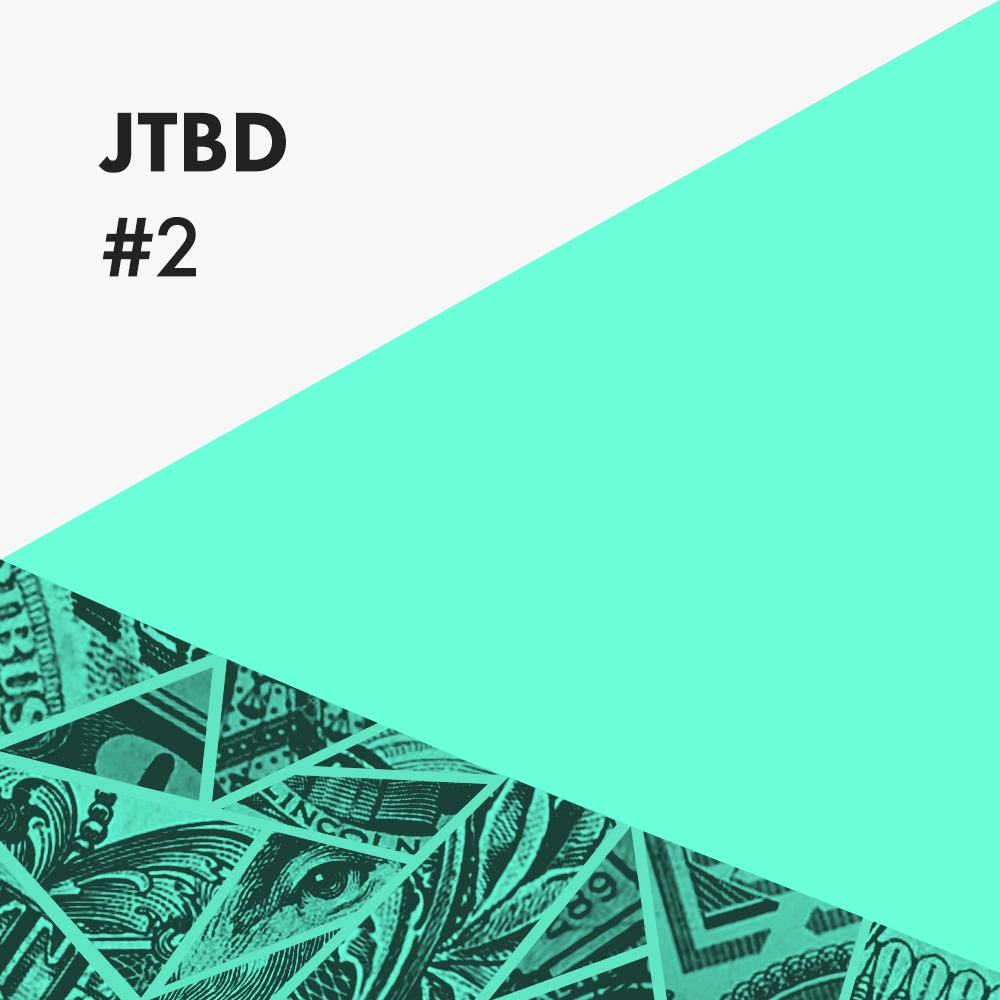
Jobs to be Done: How to help US SMBs keep their personal assets separate from their business finances
Jobs To Be Done (JTBD) is a theory. Its main aim is to explain why customers start - and stop - using different products and services in the market. Stripped down to the essentials, it’s a fairly straightforward concept first introduced by Harvard professor Clayton Christensen that can be adapted into a useful tool for product development.
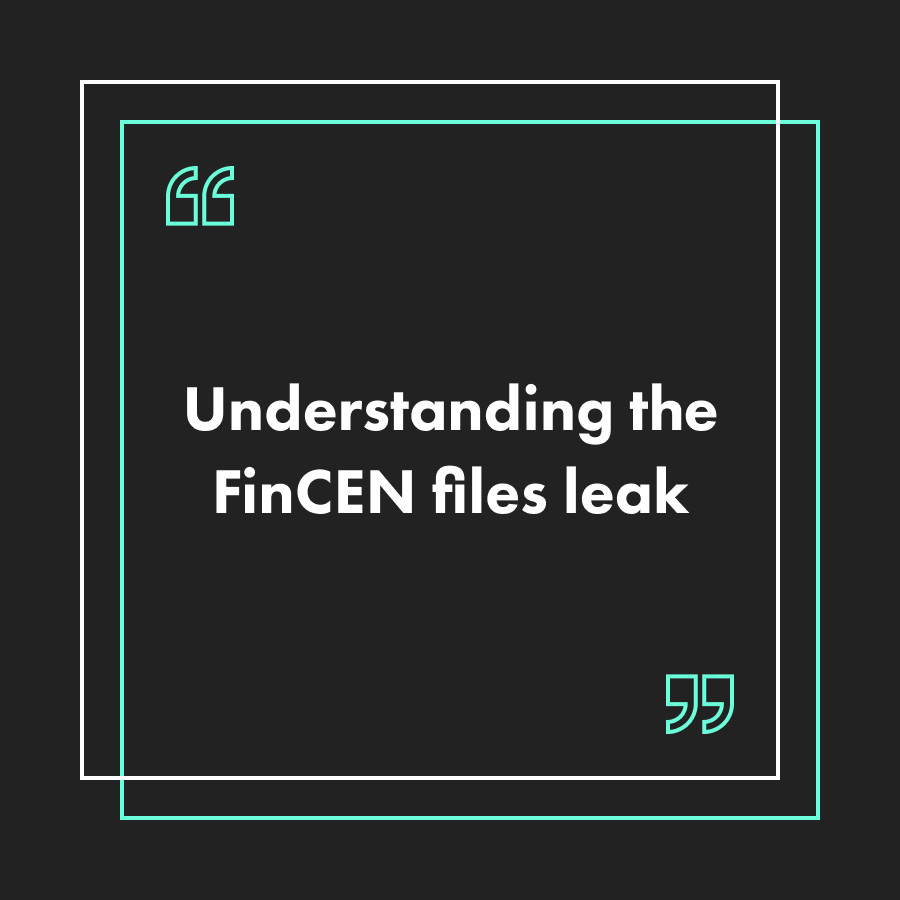
What the FinCEN files leak means for banks
There’s been a huge leak of files from FinCEN, the US-based Financial Crime Enforcement Network. Over 2000 Suspicious Activity Reports (SARs) and hundreds of other documents appear to show how banks have been unable to prevent trillions in money laundering, tax avoidance and criminality over the past decade. But there's a more in-depth story to uncover here.

817
817. News: Elon Musk's X Announce Peer-to-Peer Payments
David Barton-Grimley and Rachel Pandyan are joined by some great guests to talk about the most interesting stories in financial services over the last 7 days, including: P2P payments are coming to X, Revolut are facing a class action lawsuit for biometric data breaches, mortgages rates are coming down, and Andaria partners with Mastercard to improve their embedded finance offering.

816
816. Insights: The current state of open banking
11:FS CEO David M. Brear is joined by some great guests to talk about the current state of open banking, how it is transforming financial services and, as more countries push for formal open banking regimes, what does the future hold?

815
815. News: Should Wise be worried about Zing?
Benjamin Ensor is joined by some great guests to talk about the most interesting stories in financial services over the last 7 days, including: HSBC launch money transfer app Zing, Pave Bank launches, and the UK and Switzerland sign the Berne Financial Agreement.

Bonus: Behind the Scenes of Fintech Insider
We. Are. Here. Today we bring you: a live bonus episode! Mauricio Magaldi is joined live on stage at Blockchain Rio by some great guests from FEAT THE FUTURE and BLOCKFORCE to discuss blockchain for good. All this and much more on today's Blockchain Insider!
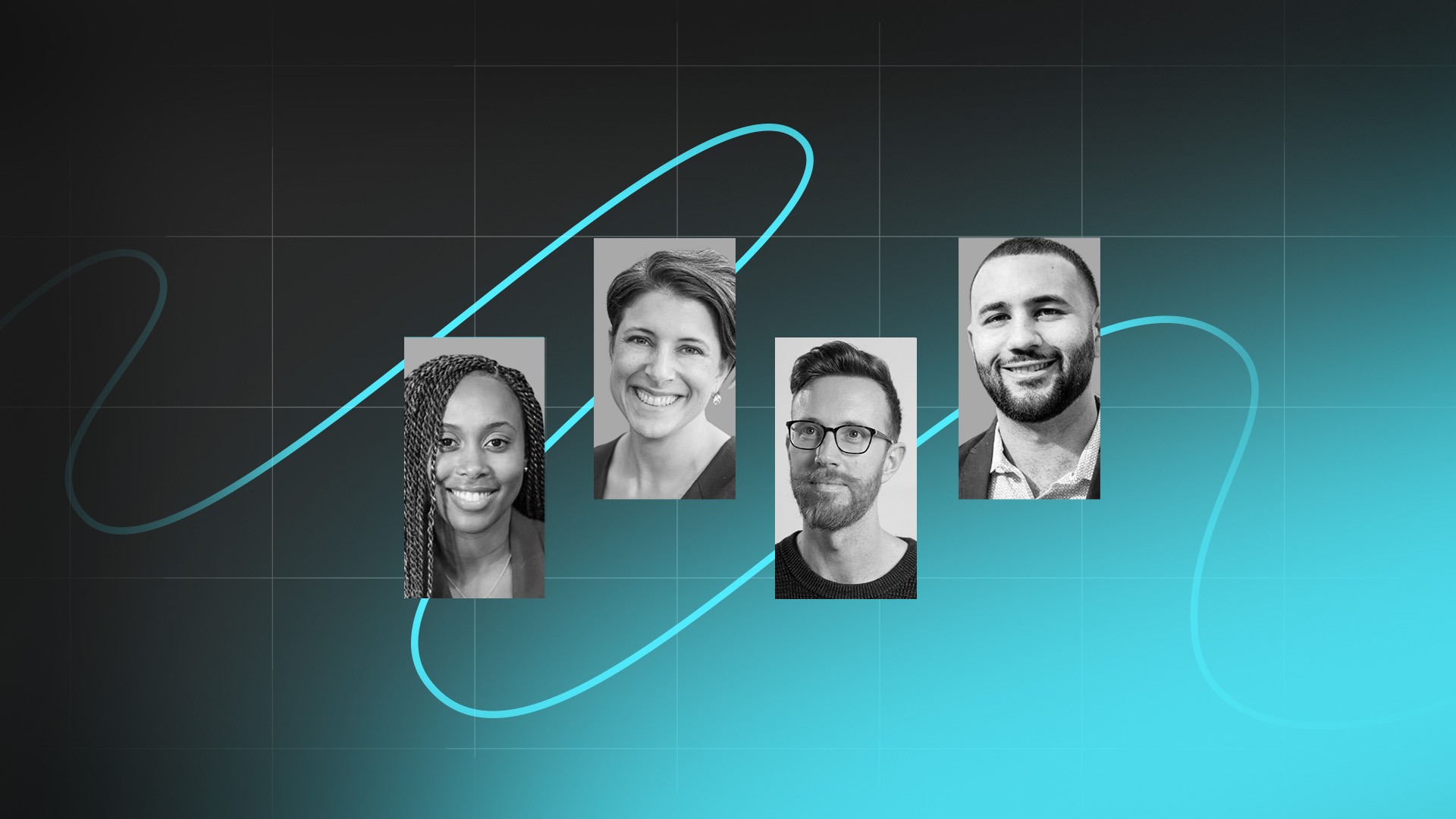
Bonus: How to become a digital creator
We. Are. Here. Today we bring you: a live bonus episode! Simon Taylor is joined live on stage at New York FinTech Week by some great guests, from Visa, EMTECH and The Digital Dollar Project, to discuss whether a US central bank digital currency is now inevitable. All this and much more on today's Blockchain Insider!
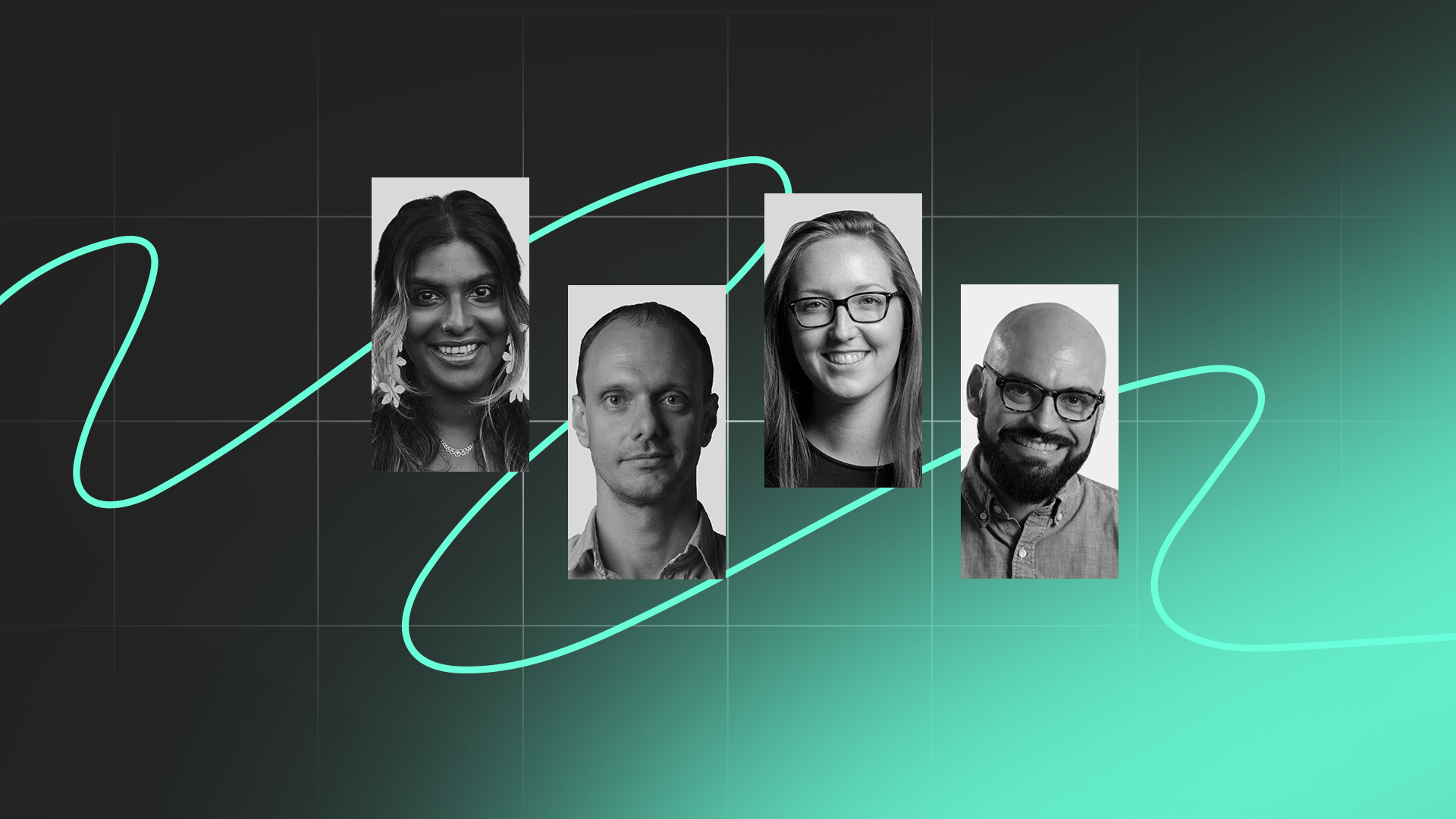
813
813. Insights: Fintech's biggest stories of 2023
As we wrap up another rollercoaster year in fintech, 11:FS CEO David M. Brear is joined by some a panel of colleagues to talk about the biggest, best, and most outrageous happenings of 2023.

812
812. News: CaixaBank's GenAI revolution and our fintech naughty or nice list
Benjamin Ensor and Rachel Pandyan are joined by some great guests to talk about the most interesting stories in financial services over the last 7 days, including: CaixaBank investing in 100-person team to work exclusively on GenAI, TikTok acquire Tokopedia following new social media laws, and Canapi launch a $750m VC fund to support fintechs.

202
202. Insights: Tokenised deposits, stablecoins and when best to use them
L.F.G. Mauricio and Catherine bring you a deep dive into tokenised deposits on the blockchain. What they are, how they work and how they differ from CBDCs and stablecoins and the different ways to utilise each one. All this and much more on today's Blockchain Insider!

810
810. News: Robinhood is coming to the UK and Wise help SMEs with Allica Bank
David Barton-Grimley is joined by some great guests to talk about the most interesting stories in financial services over the last 7 days, including: Robinhood are coming to the UK... no, seriously this time, and Wise partner with Allica Bank to make cross-border payments easier for SMEs. Plus, if you're looking for a new family board game this year, head to your local Natwest branch.

809
809. Insights: Seeking real value in the Aussie fintech space (Rewind)
We look back to a conversation David Brear had with a panel of expert guests to discuss the future of fintech in Australia.

Bonus: David M Brear on the Wharton Fintech Podcast
David M. Brear is joined by financial services veteran, Ashok Vaswani, to discuss how he draws on his experience going forward and why he continues to put learning first.

808
808. News: JP Morgan eye growth in Abu Dhabi and Check tackle payroll fraud
Kate Moody is joined by some great guests to talk about the most interesting stories in financial services over the last 7 days, including: Chase announce the launch of new payroll tools, J.P. Morgan upgrade their licence in Abu Dhabi, and BNPL fuels a record-breaking Cyber Monday.

807
807. Insights: Managing regulation without compromising innovation
David M. Brear is joined by some great guests to take a closer look at that tricky balance between managing regulation without compromising innovation in financial services.

201
201. Insights: How to manage your identity on web3 and blockchain
L.F.G. Today we bring you a deep dive into identity on the blockchain - how it differs in web3 from web2, the benefits and challenges and how you can own your own identity online. All this and much more on today's Blockchain Insider!
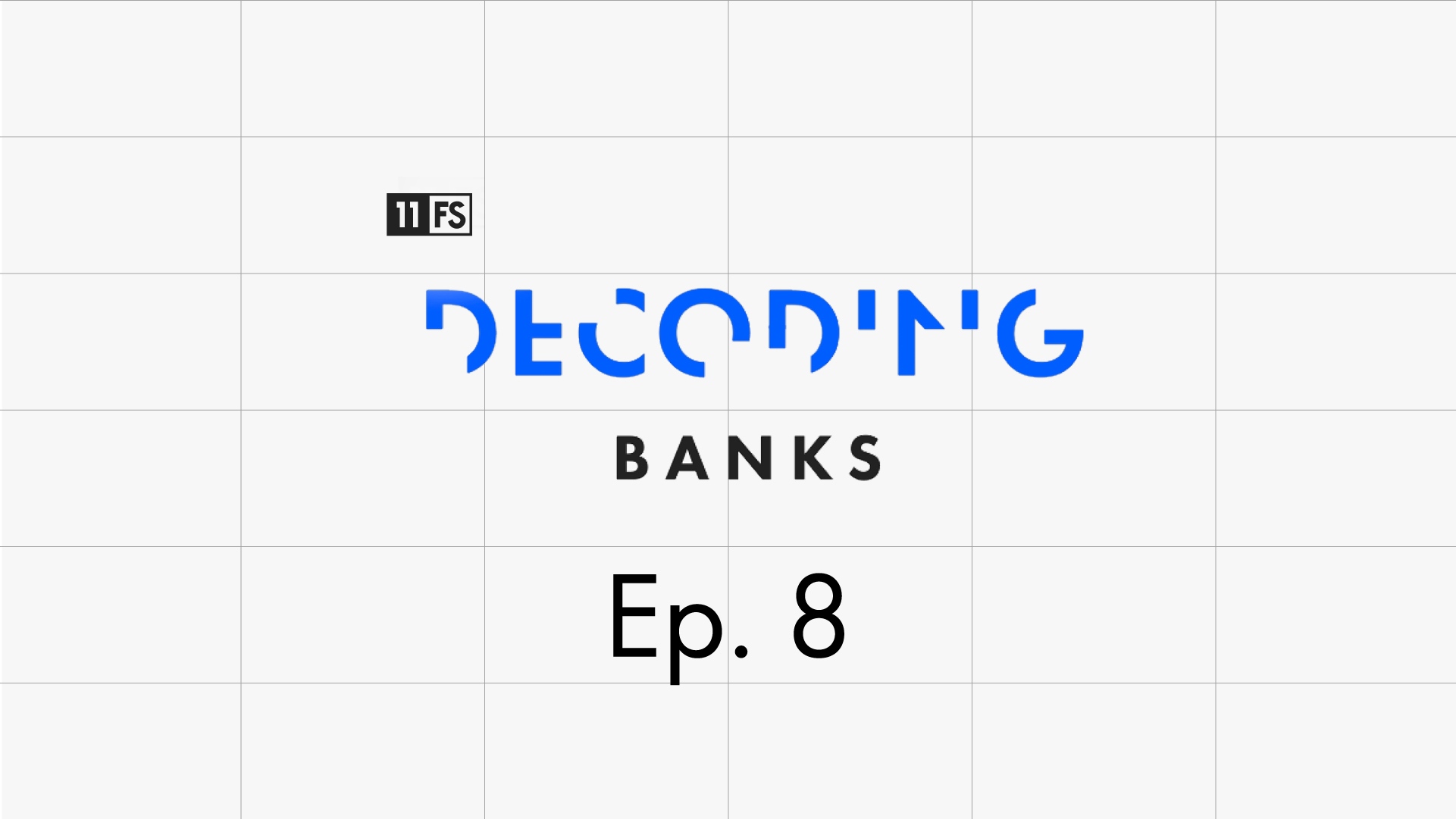
What are fintechs? - Decoding: Banks
Ever wanted to know what’s going on behind the scenes every time we make a payment?

How does banking regulation work? - Decoding: Banks
Regulation is essential. It stops banks from going bust or behaving badly.
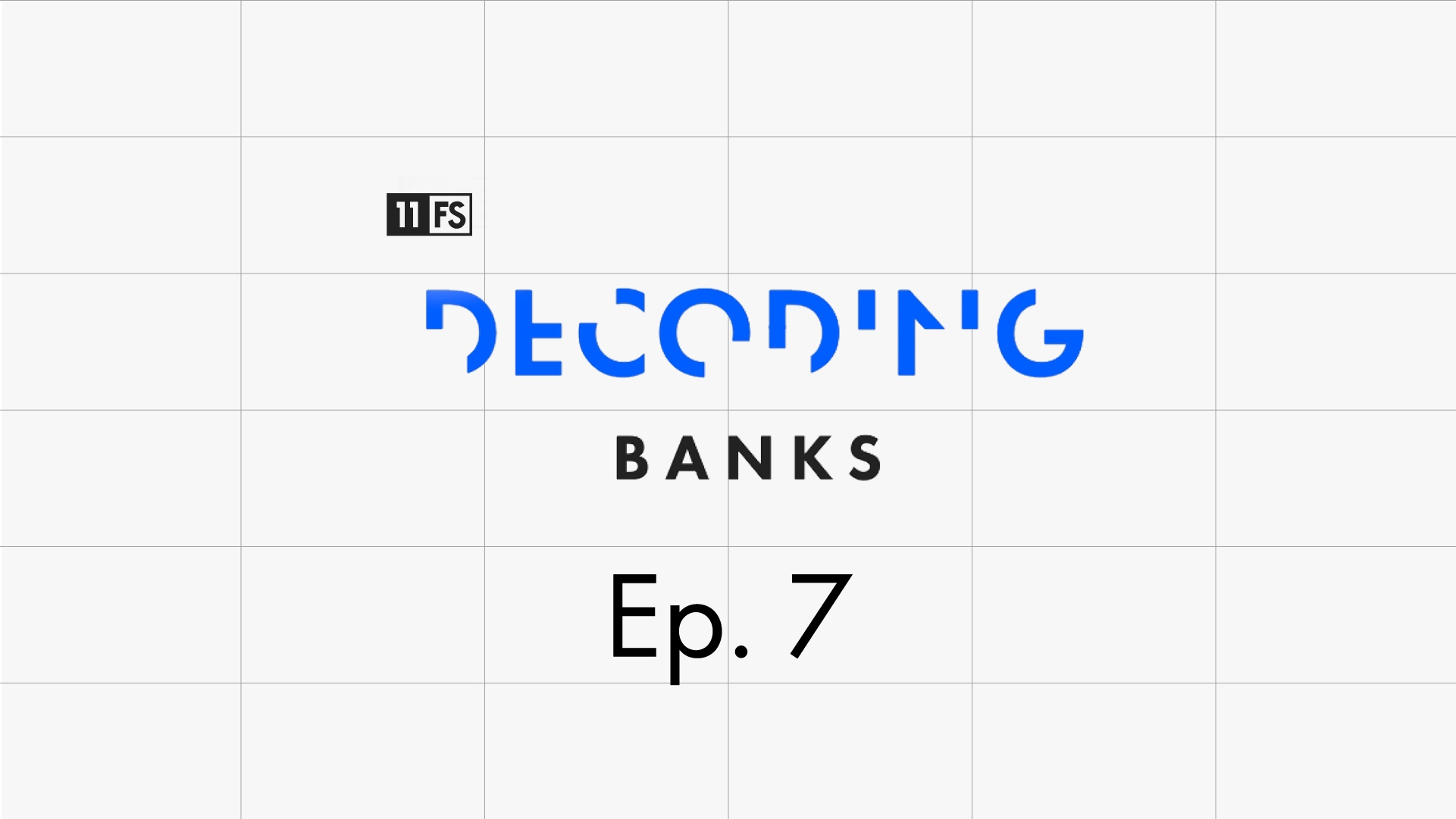
How has software evolution influenced banking? - Decoding: Banks
The invention of the computer revolutionised banking in the 1950s.

How does lending work? - Decoding: Banks
Lending has been around for thousands of years and is one of the cornerstones of banking.
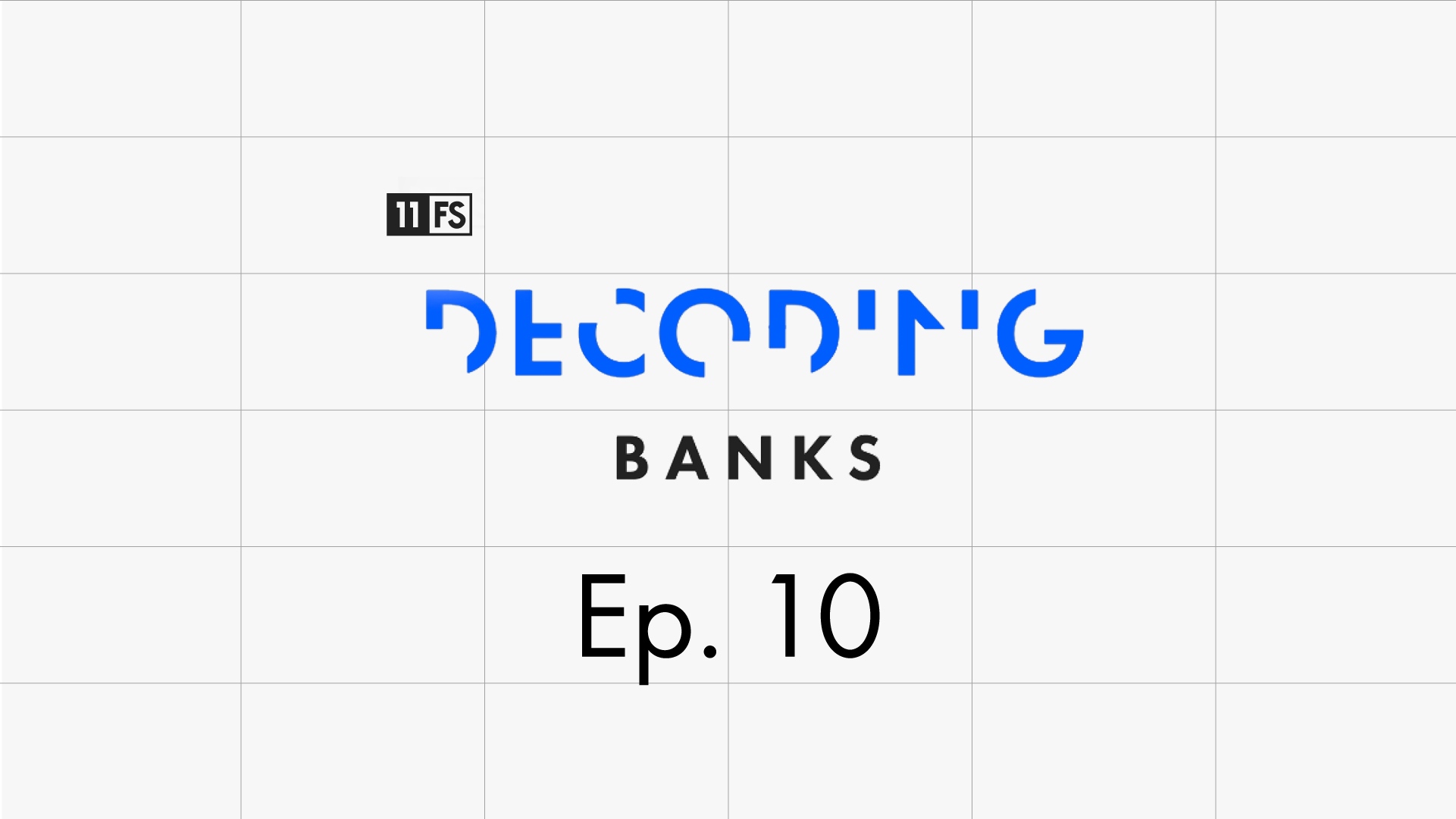
How can traditional banks win on the banking battlefield? - Decoding: Banks
They're down, but they're not certainly not out.
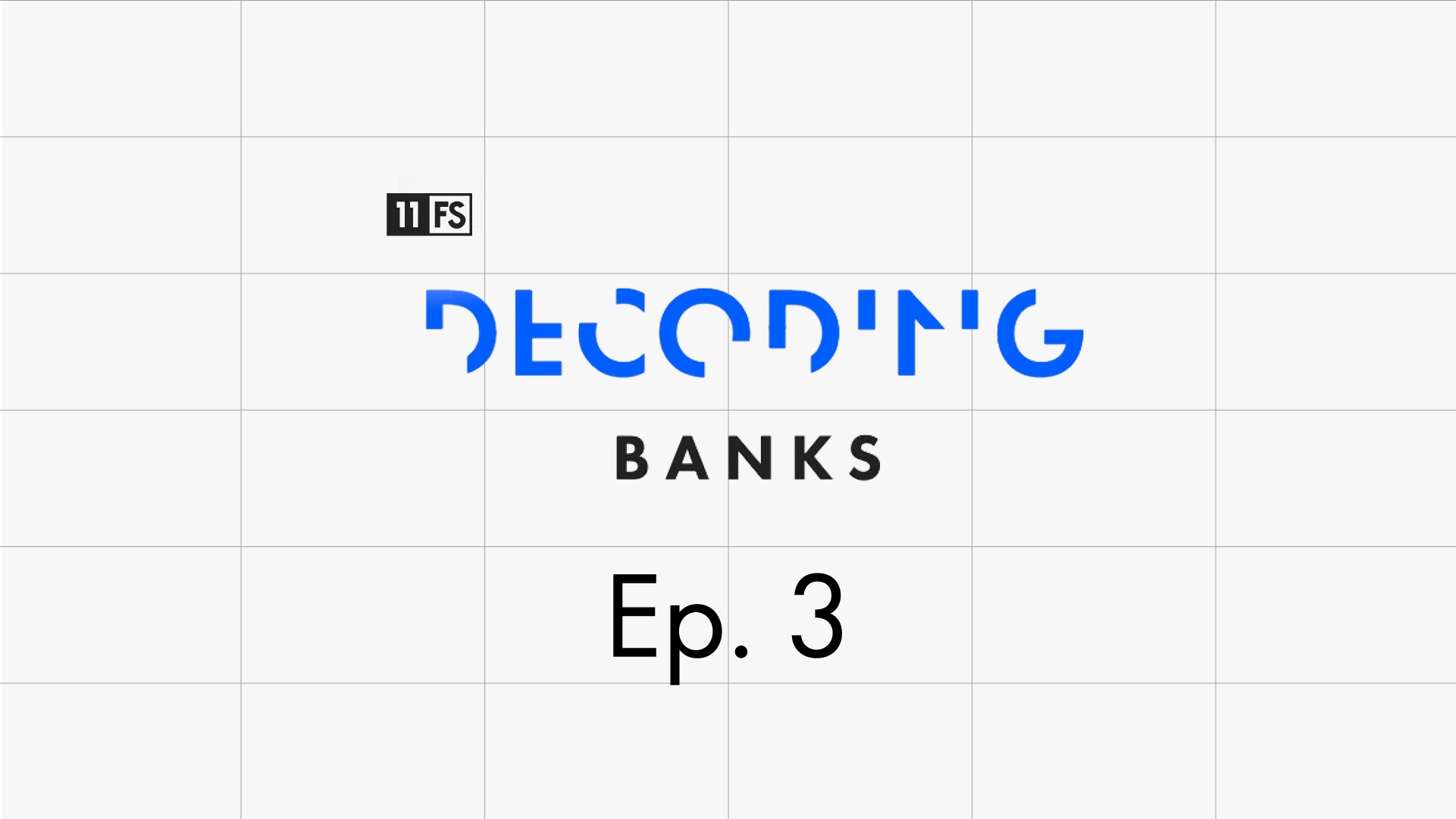
How do card networks operate? - Decoding: Banks
Mastercard and Visa are the two biggest credit card networks in the world.
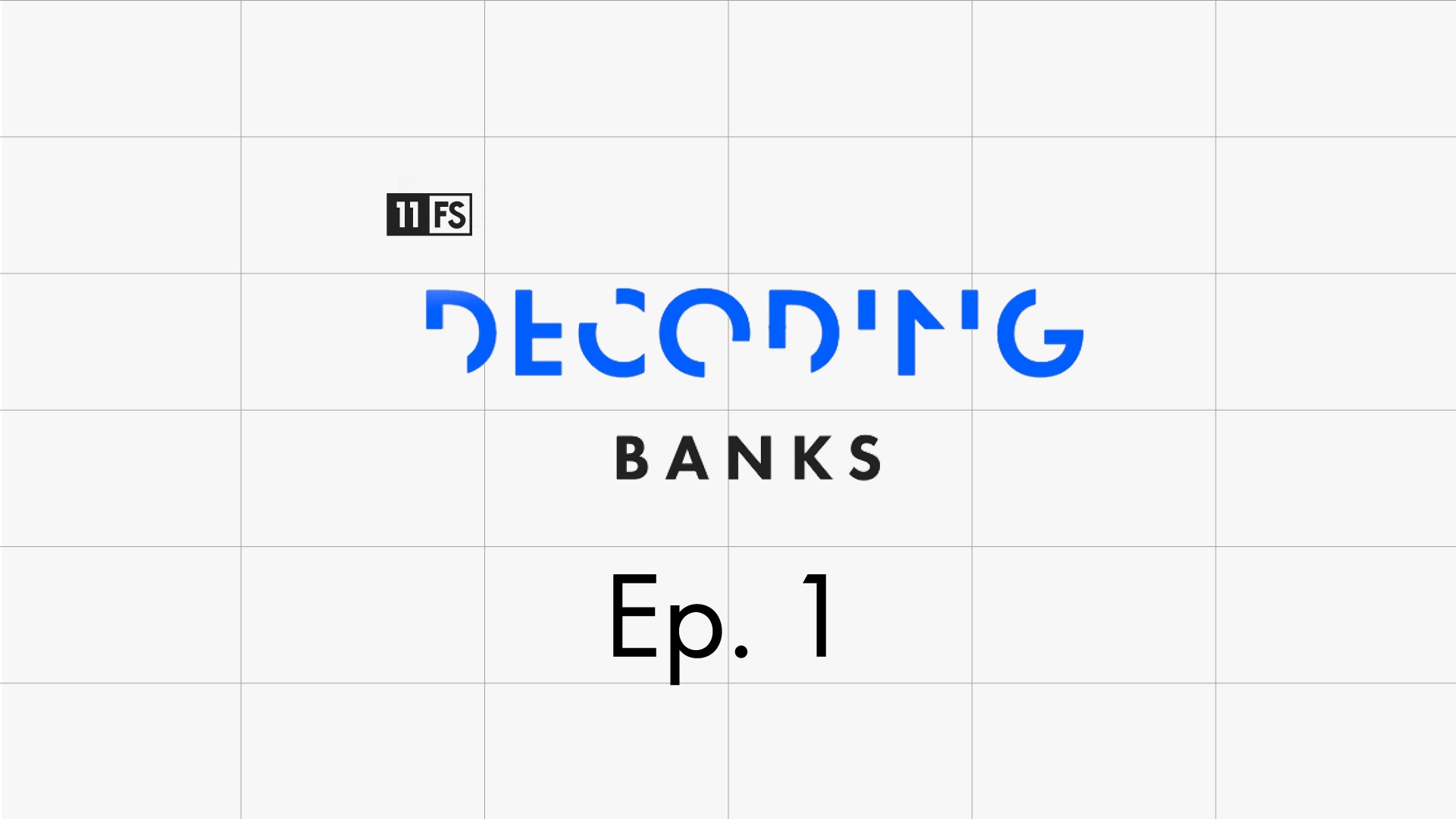
How has the banking battlefield evolved? - Decoding: Banks
We kick off our Decoding: Banks series with a look at the banking landscape today and how we got here.

11:FS Explores: Legacy banking systems ft. David M. Brear
David M. Brear, our 11:FS CEO, takes us through legacy technology within banks - but of course, with a really cool Lightboard.
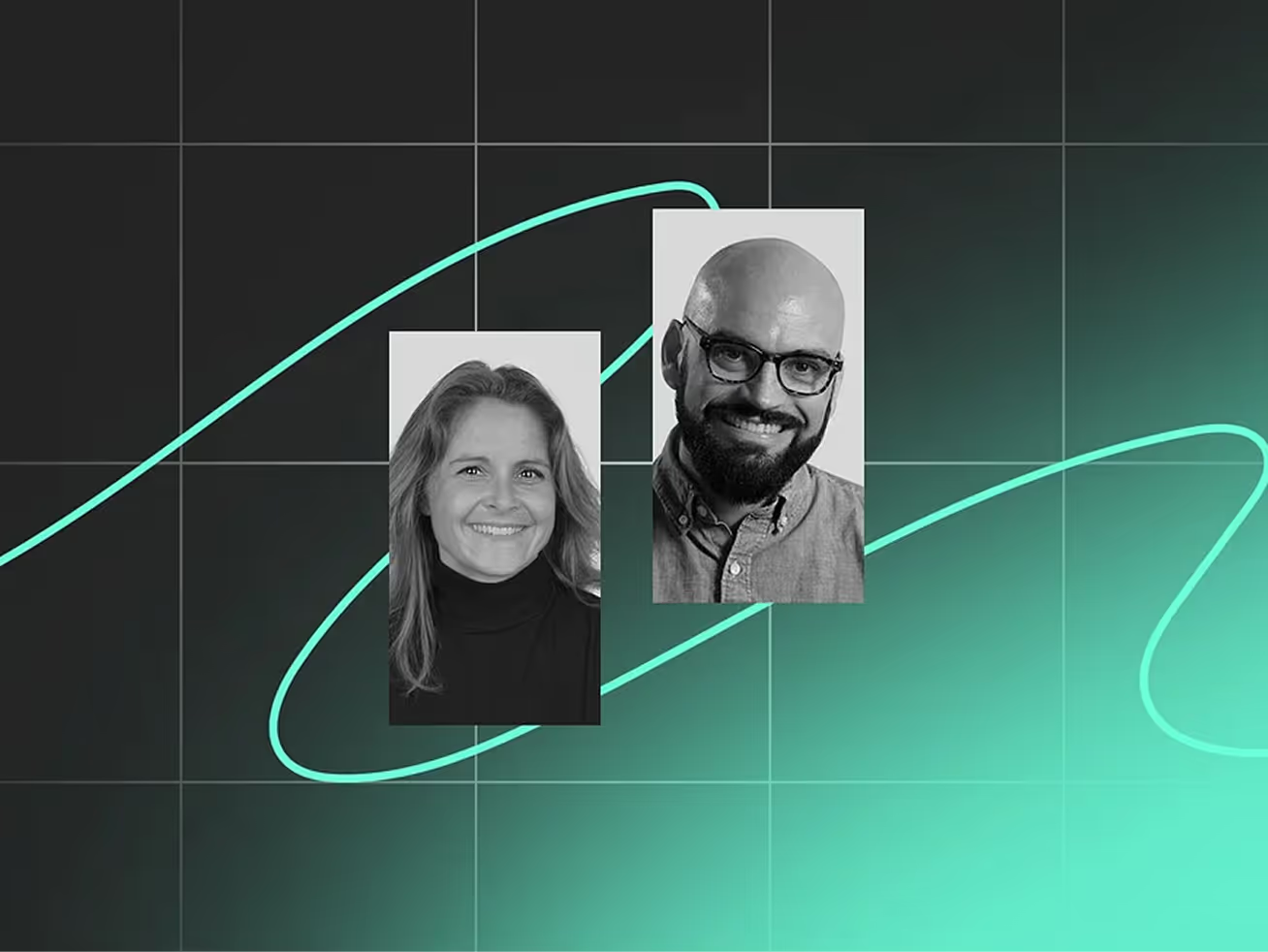
960
Insights: The future of Revolut with UKCEO Francesca Carlesi
The UK banking battlefield has never been more competitive. Customers expectfinancial apps that are personalised, seamless, and that genuinely make a differenc...

960
Insights: The future of Revolut with UKCEO Francesca Carlesi

960
Insights: The future of Revolut with UKCEO Francesca Carlesi
The UK banking battlefield has never been more competitive. Customers expectfinancial apps that are personalised, seamless, and that genuinely make a differenc...

960
Insights: The future of Revolut with UKCEO Francesca Carlesi

960

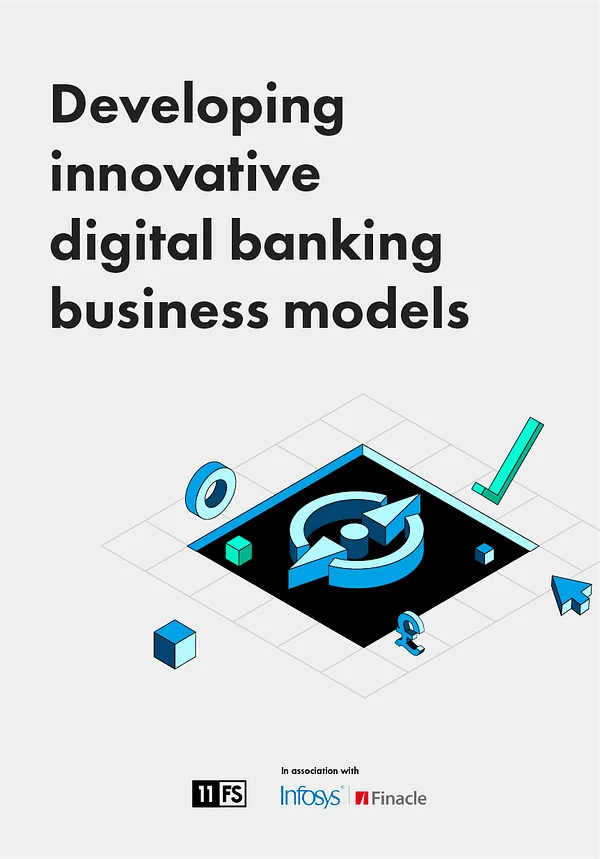


.svg)
.svg)


